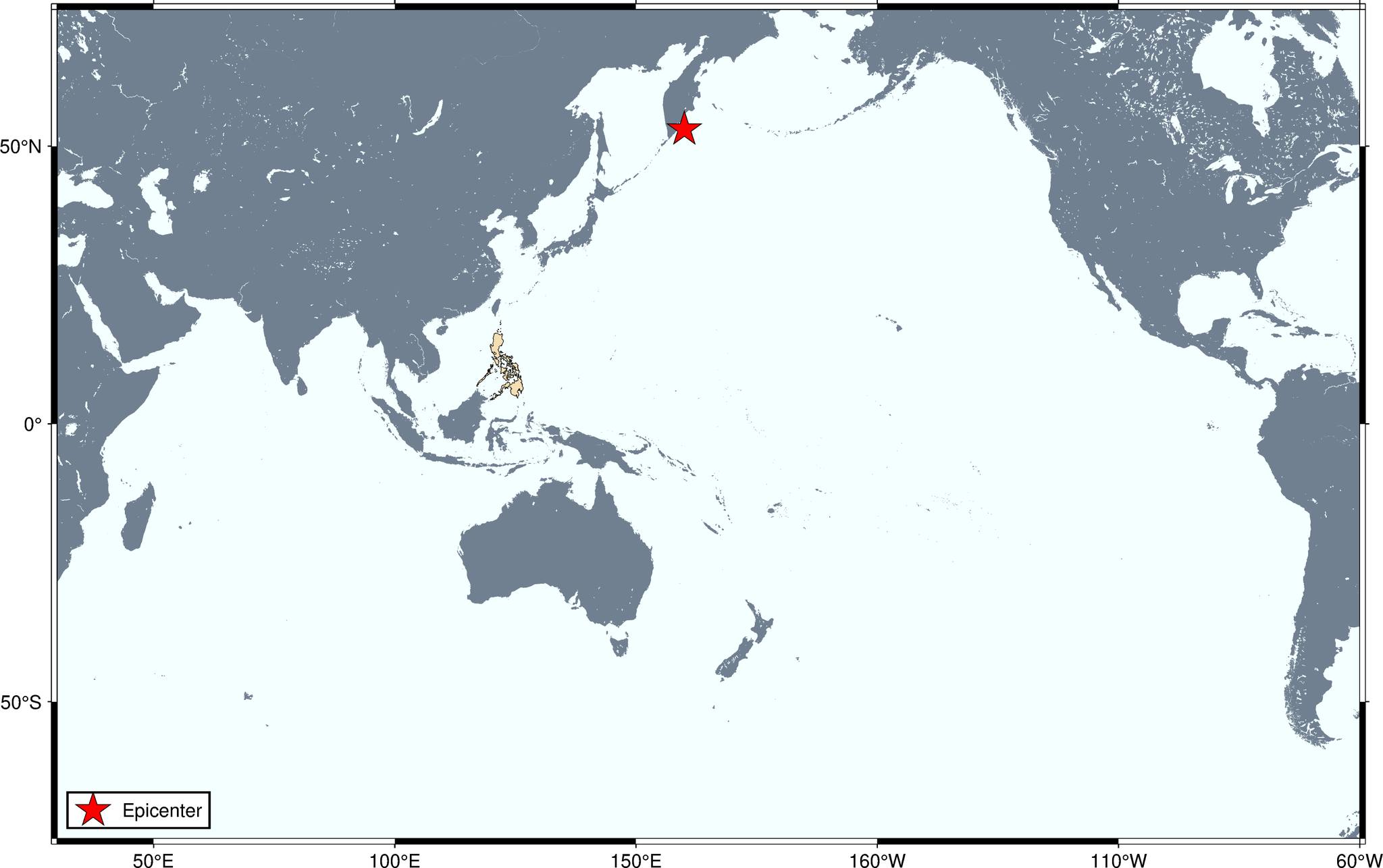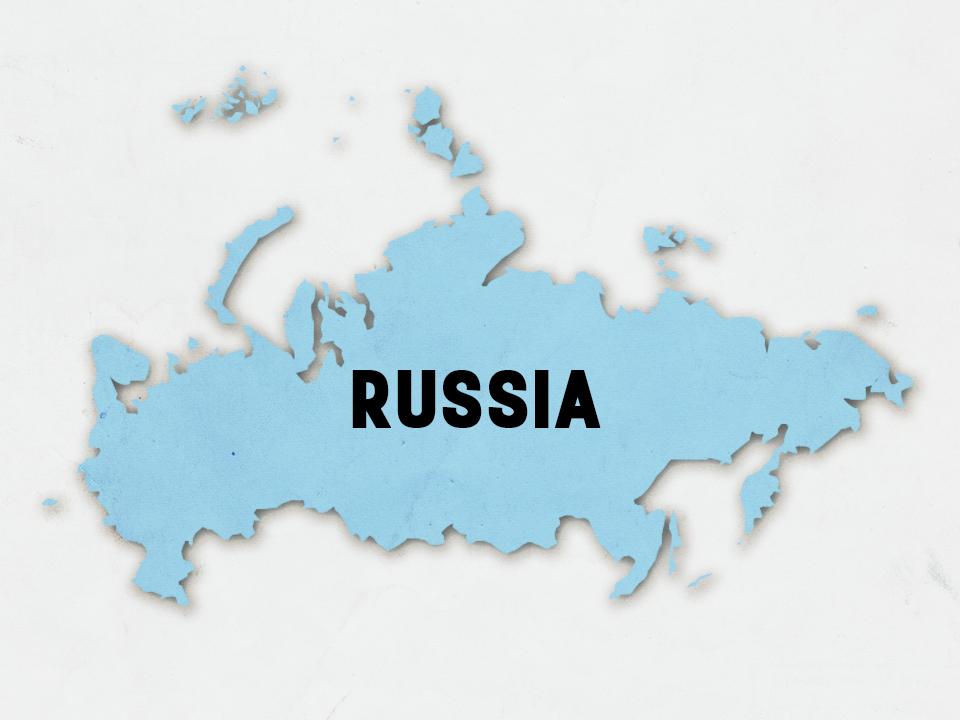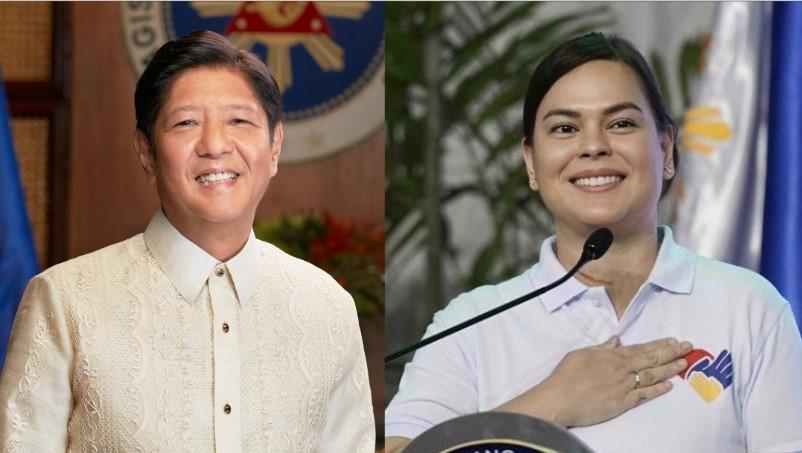US Embassy on aid cut: Don't look at the numbers
The United States Embassy in Manila on Wednesday denied that financial aid to the Philippine police and military had already been slashed, but did not give a clear response if reductions had been proposed in Capitol Hill. In a televised phone patch interview, US Embassy spokesman Matthew Lussenhop said monetary values would fail to speak accurately about the "deep, strong, meaningful partnership" between Washington and Manila. "There's a tendency to look at the budget numbers and take them as a shorthand indicator of the power of these relations. And that's misleading," Lussenhop said. What was important, Lussenhop said, was that American assistance programs were in place in the Philippines and that people look at the "strength" of these programs. "What we have with the Philippines is a very strong partnership on a whole, wide variety of programs and we think that's going to continue," he said. Lussenhop insisted that the crafting of the US budget, including the reported aid cuts, was a "very complex, long drawn out process." "There is no budget until [US] Congress passes it and the president signs it into law. We don't even have a budget for 2008," he said, an apparent denial that the cuts had been made. A television report said a US State Department report showed that aid to the Philippine National Police (PNP) and the Armed Forces of the Philippines (AFP) had been reduced by an aggregate amount of $24.3 million. The Arroyo administration, an ally of US President George W. Bush, earlier painted a different picture. Mrs Arroyo's Presidential Spokesman Ignacio Bunye had said American aid to the Philippines would increase three-fold. The most significant reported reduction was in Foreign Military Financing to the Philippines, which was cut from $30 million to $11 million. International Military Exchange Training, which finances the travel and educational programs of military officers in the US, fell from $2.9 million to $1.5 million. Meanwhile, Washington's International Narcotics Control and Law Enforcement Program funding was slashed from $2 million to $1.1 million. The television report added that American State Secretary Condoleeza Rice earmarked $26 billion for foreign assistance next year, although most of the amount or about $23 billion will go to a "handful" of countries. The remaining $3 billion, the report said, will be divided among 100 other nations that are alllies of Washington DC. - GMANews.TV

PHIVOLCS issues tsunami advisory in coastal areas following Russia quake

Magnitude 8.8 quake off Russian coast sparks tsunami warnings across Pacific

Marcos trust and performance ratings up, VP Sara Duterte suffers drop






